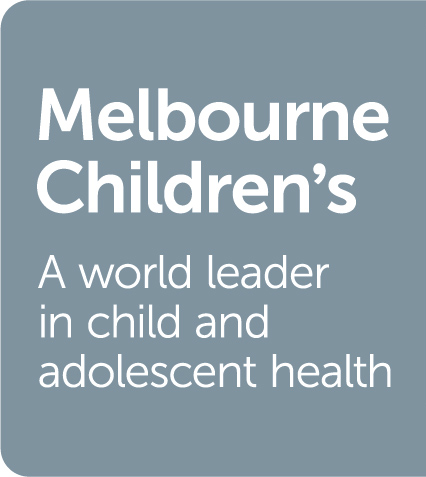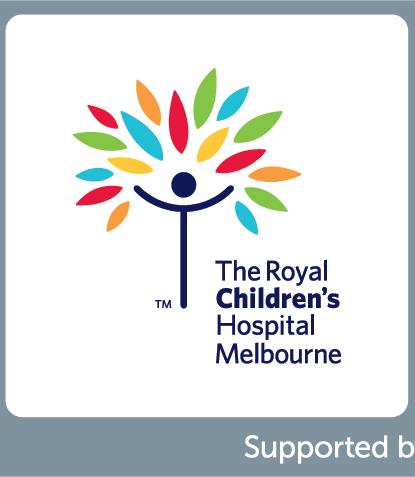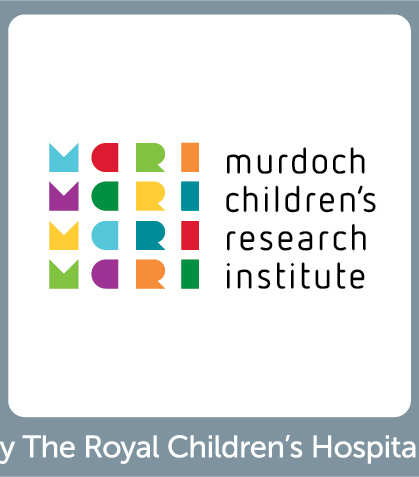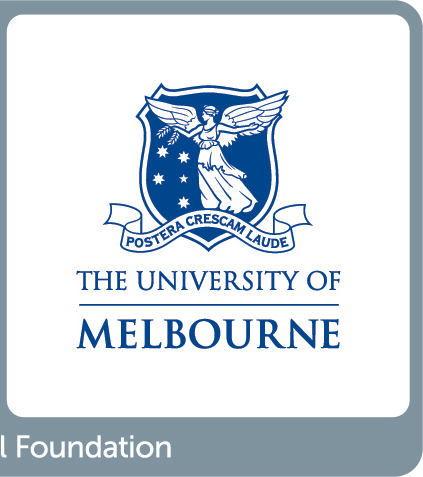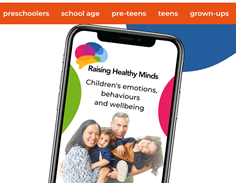Anxiety
Anxiety
Anxiety is one of the most common mental health conditions in children. In Australia, around 1 in 14 children and young people in Australia experience and anxiety disorder.
The true effect of anxiety is likely higher in children from vulnerable populations, including Aboriginal and Torres Strait Islander communities and culturally and linguistically diverse backgrounds.
The COVID 19 pandemic has had a significant impact on the mental health of children and young people. Parents responding to a Royal Children’s Hospital Child Health Poll carried out in 2022 reported that 50% of children were experiencing problems with anxiety.
When addressed early, anxiety disorders can be managed more effectively and the risk of long-term challenges into adulthood can be reduced. However, anxiety disorders are under recognised, under diagnosed, and under treated due to lack of access and inconsistency in care received.
What is anxiety?
Anxiety is characterised by excessive fear, apprehension, and other behavioural issues in response to an anticipated threat (real or imagined). This is a natural and common part of human development, often in response to new experiences or challenges.
However, anxiety disorders are distinguished by their intensity and duration, are often prolonged and can disrupt a person's daily life and overall wellbeing.
People with anxiety disorders can experience repetitive thoughts or worries and may avoid certain situations due to their concerns. Additionally, they may experience physical symptoms such as sweating, shaking, feeling lightheaded, or a quick heartbeat.
Signs and symptoms – children and young people
It’s not unusual for children or young people to show signs and symptoms of anxiety or worries occasionally. If infrequent, they may not be connected to an anxiety condition or disorder. However, if these symptoms occur frequently, follow a consistent pattern, or hinder a child or young person’s everyday life, they could indicate an anxiety condition or disorder. Common signs and symptoms of anxiety:
- regularly avoiding daily activities or situations like school, social events, playing, sport, eating or sleeping
- frequent physical complaints, like stomach-aches or headaches
- emotional outbursts, tantrums, or ‘meltdowns’
- difficulty sleeping
- changes in eating habits
- seeking reassurance often
- overplanning situations or overthinking things
- trouble concentrating or preoccupation.
Many things in a child or young person's life can make them feel anxious, and there is not always one cause or trigger. Where they live, their surroundings, and how people around them are feeling can all affect a child's symptoms of anxiety. A child’s family or support system can also play a big role in how they feel.
Tools and resources
Clinical practice guidelines
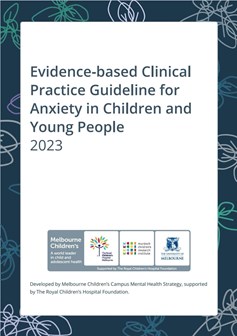
This evidence-based guideline is intended to be used by clinicians, including medical and allied health professionals, nurses, pharmacists, educators, psychosocial support workers, and other professionals involved in the care of children and young people with anxiety. Professionals with appropriate training and credentials can use this guideline to inform identification, assessment, management and support for children, young people, and their families with anxiety while working within their scope of practice. This guideline is tailored for use in a clinical context.
- RCH National Child Health Poll (rchpoll.org.au)
- Recognising anxiety : Recognising anxiety in children (rch.org.au)
- RCH Kids Health Information fact sheet: Anxiety – primary school aged children
- Kids Health Information podcast: Questions about anxiety
- Kids Health Information podcast: An in-depth talk about anxiety
- Child & teen depression & anxiety: support | Raising Children Network
- Anxiety in children and childhood fears | Raising Children Network
- Anxiety in teens: what it is & how to help | Raising Children Network
- Anxiety in autistic children & teenagers | Raising Children Network
- Anxiety in families: webinar | Raising Children Network
- Raising Healthy Minds App - free pocket resource for raising confident, resilient children
Projects - what we are doing?
As part of the Children’s Campus Mental Health Strategy, we are working on several projects that aim to improve care for children and young people experiencing common mental health conditions and concerns, like anxiety, across the Royal Children’s Hospital and wider clinical community.
Find out more about our projects:
Acknowledgement of Country



At Mental Health Central we acknowledge the traditional custodians of the land on which we live, gather and work. We recognise their continuing connection to land, water and community. We pay respect to Elders past, present and emerging.
